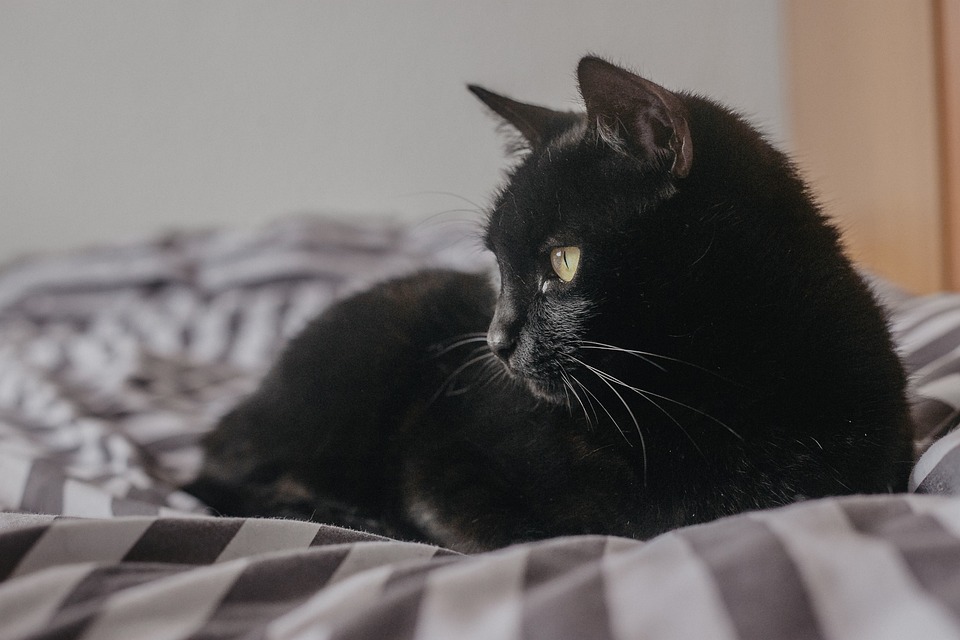Maintaining your cat’s eye health is crucial for their overall well-being. From minor irritations to more severe conditions, understanding how to prevent and manage common eye issues in cats is essential. In this article, we will explore effective strategies, proactive measures, and answers to frequently asked questions regarding cat eye irritations.
Understanding Common Eye Irritations in Cats
Conjunctivitis is a common eye irritation in cats that is characterized by redness, swelling, discharge, and squinting. It can be caused by various factors such as infections, allergies, or injuries. Treatment options include topical ointments, antibiotics, and antiviral medications.
Foreign bodies and debris can also cause eye irritations in cats. It is important to identify and remove any irritants such as dust, dirt, or small particles that may have entered the eye. Gentle flushing with saline solution or artificial tears can help alleviate discomfort.
Allergies and hypersensitivity can lead to eye irritations in cats. Recognizing signs such as excessive tearing, redness, and itching is crucial. Minimizing exposure to allergens such as pollen, dust mites, or certain foods can help prevent and manage these irritations.
Dry eye syndrome, also known as keratoconjunctivitis sicca, is a condition where the eyes do not produce enough tears to keep them properly lubricated. This can lead to discomfort, redness, and corneal ulcers. Management options include artificial tears, medications to stimulate tear production, and in severe cases, surgery.
Preventing Eye Irritations in Cats
Maintaining a clean environment is essential for preventing eye irritations. Regular cleaning routines, including wiping surfaces, vacuuming, and washing bedding, can help reduce the presence of dust and allergens that can irritate the eyes.
Proper nutrition is also crucial for ocular health in cats. Nutrients such as vitamin A, omega-3 fatty acids, and antioxidants play a role in maintaining optimal eye function. Consult with your veterinarian to ensure your cat’s diet is balanced and includes these essential nutrients.
Grooming practices can also help prevent eye irritations. Regularly trimming the fur around your cat’s eyes can prevent hair from irritating the eyes. Additionally, keeping your cat’s face clean by gently wiping their eyes with a damp cloth can help remove any debris or discharge.
Minimizing exposure to irritants is important in preventing eye irritations. Use safe household products that are free from harsh chemicals and avoid exposing your cat to known allergens. Regularly cleaning air filters and using allergen control measures can also help reduce the presence of irritants in the environment.
Managing Eye Irritations in Cats
Gentle cleaning techniques are essential when managing eye irritations in cats. A step-by-step process, including wetting a clean cloth or cotton ball with warm water, gently wiping the eye area, and avoiding excessive pressure, can help remove discharge and debris.
Over-the-counter remedies such as saline solution or artificial tears can be used for minor eye irritations. These can help alleviate discomfort and flush out any irritants. However, it is important to consult with your veterinarian before using any over-the-counter products.
Prescription medications may be necessary for more severe eye irritations. These may include topical ointments, antibiotics, antiviral medications, or medications to stimulate tear production. Veterinary guidance is essential when determining the appropriate treatment for your cat.
It is important to approach home remedies and natural treatments with caution. While some may provide temporary relief, others may be ineffective or even harmful. Always consult with your veterinarian before trying any alternative methods.
Frequently Asked Questions (FAQs)
1. How can I tell if my cat has an eye irritation?
2. Are certain cat breeds more prone to eye irritations?
3. Can I use human eye drops on my cat?
4. What should I do if my cat’s eye irritation worsens?
5. How can I prevent eye irritations during grooming sessions?
6. Are there any preventive measures I can take against dry eye syndrome?
7. Should I seek veterinary advice for every eye irritation my cat experiences?
8. Can cat eye irritations be contagious to humans or other pets?
9. What are some common household allergens that can cause eye irritations?
10. Are there any long-term complications associated with chronic eye irritations in cats?
Conclusion
By understanding and implementing preventive measures, as well as knowing how to manage common eye irritations in cats, you can ensure your feline companion enjoys optimal eye health. Regular monitoring, proper care, and timely veterinary intervention will go a long way in preventing discomfort and maintaining your cat’s overall well-being. Remember, your cat’s eyes are a window to their health, and it’s important to prioritize their ocular care.








